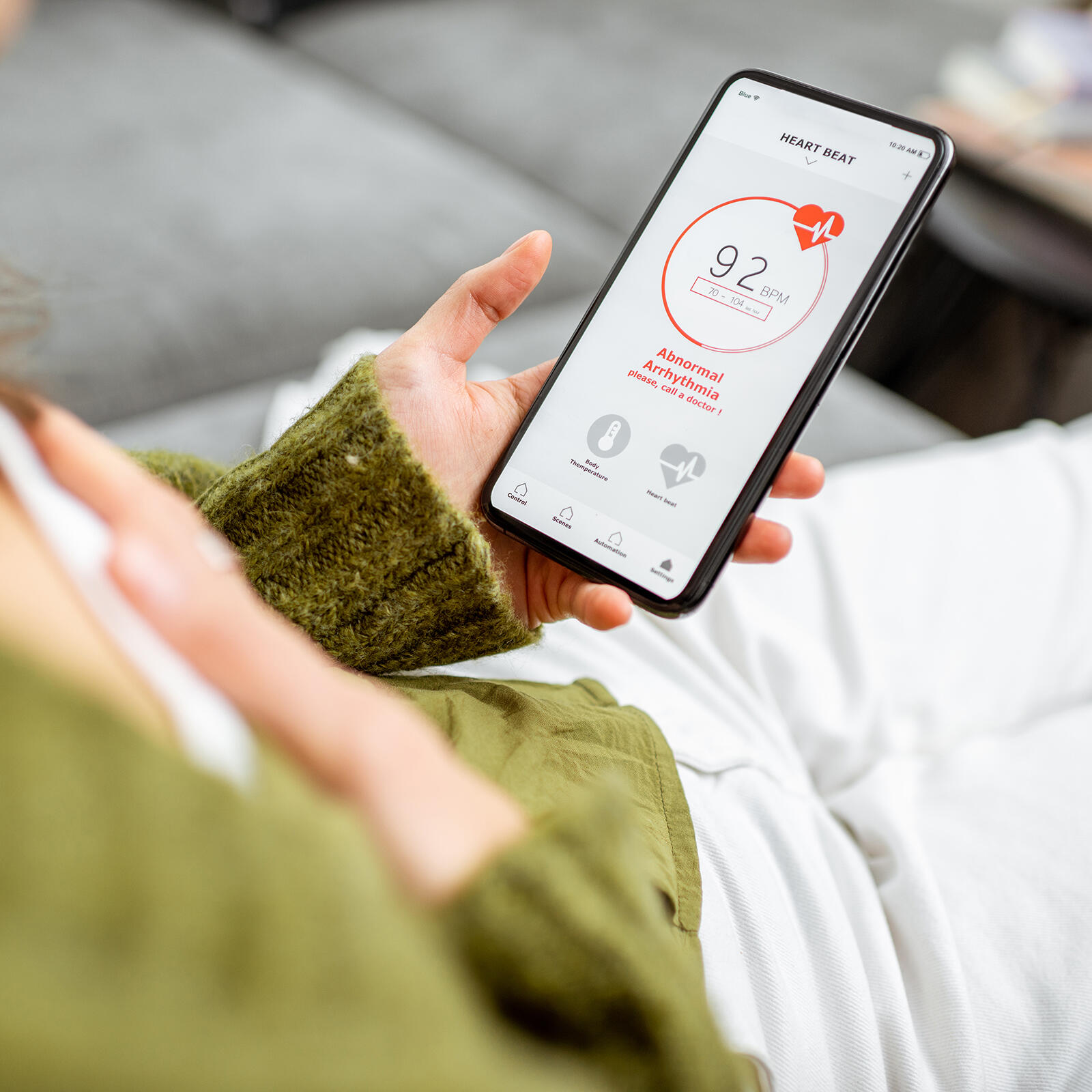Healthcare Software Testing
Get InformationUsability Testing
Interoperability Testing


Performance Testing
Healthcare software should ensure consistent performance, especially when immediate actions are to be taken, for instance, a patient’s allergies need to be looked up right away. Therefore, healthcare software should become subject to comprehensive performance testing.
During performance testing the capability of the healthcare software to provide appropriate performance, relative to the resources used, under specified conditions are monitored. Performance testing of a healthcare software can be further broken down into:
Ensuring compliance with healthcare industry regulations
Many healthcare organizations experienced cyberattacks, and in 2022, the rate of attacks on healthcare facilities is predicted to grow further. To secure and ensure proper handling of personal health information, healthcare software should be verified for KVKK compliance.

